HIGHER ED THRESHOLD COUNCIL

Top row (left to right): Sarah Buie, Diana Chapman Walsh, Andrea Fleck Clardy, Krista Hiser; Second row: Wendy Olmstead, Emily Hiestand, Megan Holmes, Haynes Miller; Third row: Diana Liverman, Selina Gallo-Cruz, Alicia Cota, Laura KcKee; Fourth row: Sharon Daraphonhdeth, Krissy Kilgallen, Meehan Crist, Kevin Gallagher; Bottom row: Walter Wright, Erin Moore.
What Matters Now in Higher Ed | Virtual
In February 2024, members of the CUHF higher ed community came together via Zoom to consider what matters now for higher education.
In higher ed, many of us feel the dissonance and shortfall between our current institutions / practices, and the enormous, interdependent dislocations and dissolutions underway throughout the planet. At this gathering, we asked what is truly needed—for ourselves, our students and the world. Can we as educators expand our awareness, revise our practices, meet and live (with our students) into the upheavals underway? Can institutions of higher ed re-imagine our role, responsibilities and possibilities in these unprecedented times? And how do we do this together, in community?
What Matters Now in Higher Ed, is the inaugural Council in the CUHF Threshold Council series—encouraging new venturing, even leaning into the cracks, for and through our work.
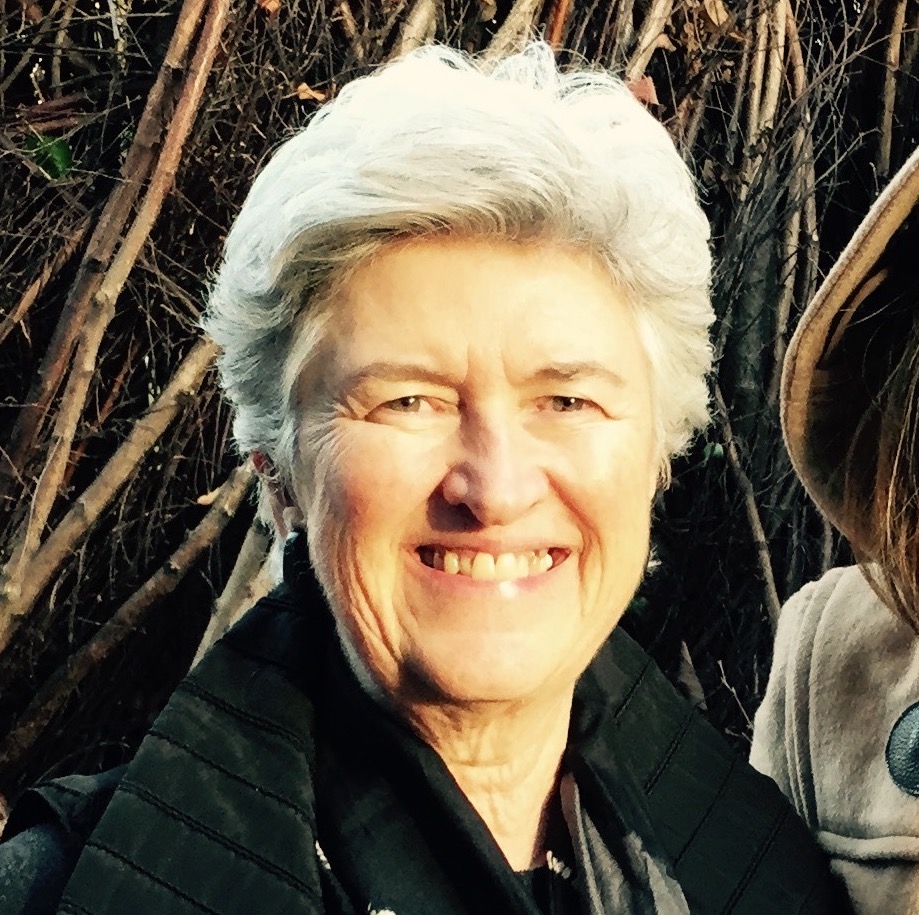
Sarah Buie, convener
Sarah is a designer / educator who, through council practice, encourages presence, listening, collaboration and compassion in this time of polycrisis. She is Professor Emerita and Research Scholar at Clark University, and served for nine years as Director of the Higgins School of Humanities and its Difficult Dialogues initiative. She is Founding Convener of the Council on the Uncertain Human Future, and co-founded the campus-wide curriculum initiative A new Earth conversation at Clark. Sarah was an award-winning museum exhibition designer for 25 years.

Andrea Fleck Clardy
Andrea is a Boston playwright and activist. Her short plays and monologues have been widely produced. After graduating from Swarthmore College and earning a Masters in Teaching from Harvard University, she worked in public education, community organizing, and small press publishing for thirty years before retiring to write.
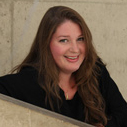
Alexia Cota
Raised in New Jersey by an artist and an educator, Alexia developed a mind for critical thinking, recognizing stories, thoughts, questions, and solutions through a visual arts lens. While getting a bachelor’s degree in painting from UMass, Alexia began working at Augusta Savage Gallery (ASG) located in the New Africa House. After graduation, Alexia began a 17-year tenure with the Fine Arts Center, managing the gallery and has been interim director since 2020. Augusta Savage Gallery’s mission is to promote works from a broad spectrum of perspectives and is a wonderful fit for Alexia’s strong drive to fight for social and environmental justice. Alexia had the pleasure to be accepted and attend OMEGA Institute’s Women’s Leadership Intensive in 2017, as well as their Women’s Leadership Center’s Women & Power Conference in 2021.

Meehan Crist
Meehan is a writer in residence in biological sciences at Columbia University. Her work has appeared in the New York Times, the London Review of Books, The Atlantic, The Nation,Scientific American, and Science, and was selected for Best American Science and Nature Writing
2021. She is co-editor of What Future 2018 and her nonfiction book about the climate crisis and reproductive justice, Is It OK to Have a Child?, is forthcoming from Random House.
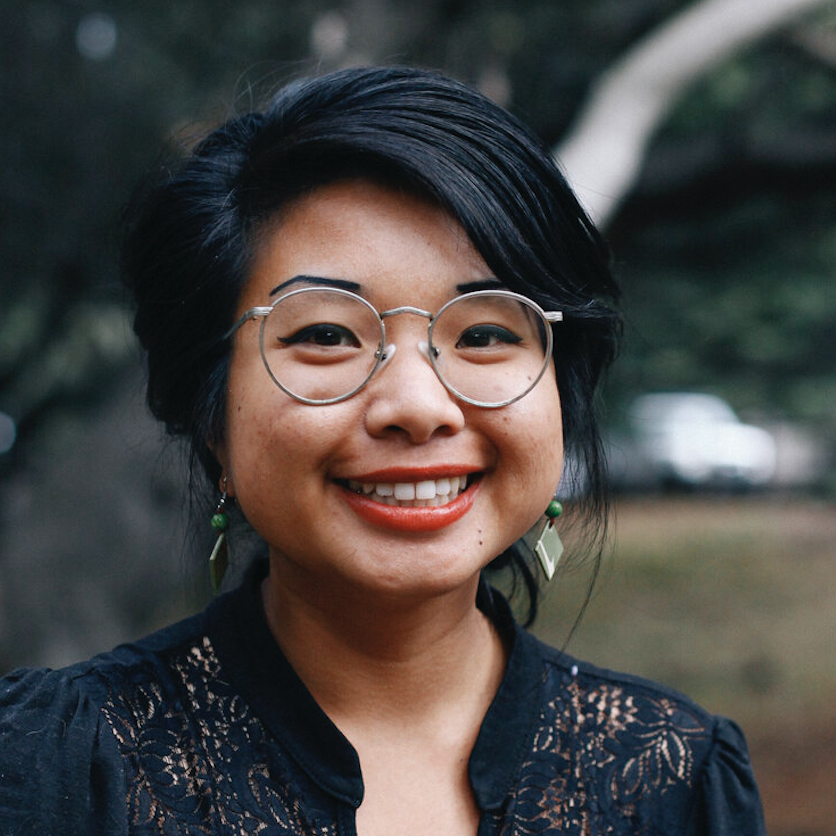
Sharon Daraphonhdeth
Sharon is the Director of the Student Environmental Resource Center (SERC) at University of California, Berkeley. SERC includes UC Berkeley’s campus green fund, The Green Initiative Fund (TGIF); Zero Waste Research Center; and dozens of environmental programs and services. She is passionate about working with students and student activists, supporting their ideas and projects toward a more just world.

Kevin Gallagher
Kevin is the Director of Emergent Resilience, a non-profit organization that offers capacity building programs for climate change and environmental advocates, activists, and professionals. He is the co-creator of the Climate Wisdom Lab, a professional development workshop that helps colleges and universities address the psychosocial impacts of climate change and other structural stressors. Kevin previously worked as a climate change attorney in Washington, D.C. Kevin is a member of the CUHF Core Team and a National Convener.
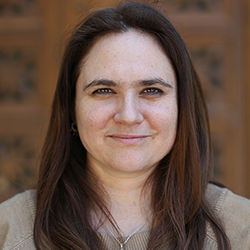
Selina Gallo-Cruz
Selina is an Associate Professor of Sociology at Syracuse University. She researches culture, conflict, gender, global change, NGOs, nonviolence, social movements and theory. Selina is the author of Political Invisibility and Mobilization: Women Against State Violence (Routledge, 2021), which was winner of the American Sociological Association’s Peace, War and Social Conflict Outstanding Book Award.
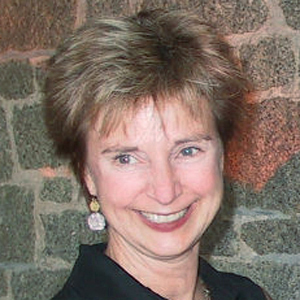
Emily Hiestand
Emily is a writer, designer, photographer, and communications strategist with experience creating and directing communications programs for higher education and nonprofit groups. She served as the inaugural Communication Director for MIT’s School of Humanities, Arts, and Social Sciences, from 2008 to 2022. In quasi-retirement she continue to serve as a comms advisor for democracy and climate projects at MIT and other organizations, including the CUHF Advisory Team at MIT.
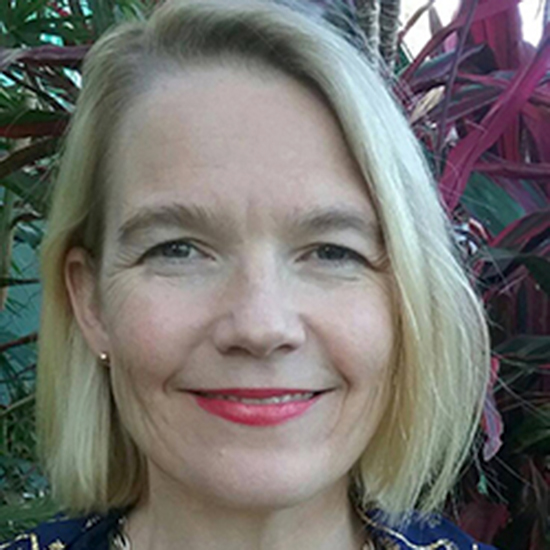
Krista Hiser
Krista is Senior Lead and Advisor for Sustainability Education for the Global Council for Science and the Environment (GCSE, and Professor of Writing at Kapiʻolani Community College in Honolulu, Hawaii. She served for seven years as the University of Hawaii System Sustainability Curriculum Coordinator. She works closely with national networks including Sustainability Curriculum Consortium and AASHE, and her Medium.com blog, Teaching Climate Change in Higher Education, highlights the critical role of faculty in teaching to these times. She is a CUHF National Convener.
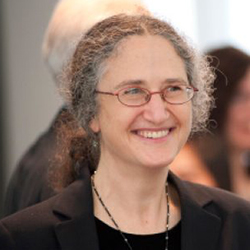
Megan Holmes
Megan is Professor Emerita of Italian Renaissance Art History at the University of Michigan. Her scholarly interests include the social history of art, popular religion, visual and material culture, monasticism and the arts, and print culture. She is on the team of the U-M LSA Prison Creative Arts Project, and serves as a Convener for the Rewilding the Soul series of the NDF / CUHF Eco-Dharma program.
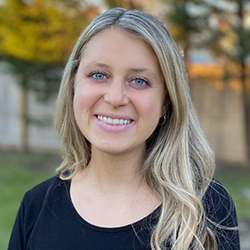
Krissy Kilgallen
Krissy is a doctoral student in the CORE lab at Northeastern University. She is interested in how humans conceptualize and model themselves in the broader systems of the natural world. She hopes to use a cross-cultural approach, meaning that rather than privileging western perspectives as human universals, her research seeks to explore the diversity of human sense making in its relational, interdependent, sociocultural context. Krissy is exploring the role of systems thinking and metacognition on our ability to detect intuitive misconceptions about the natural world.
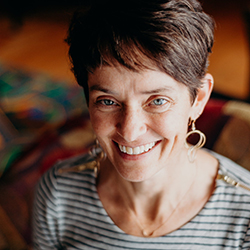
Laura McKee
Laura is Associate Professor and Graduate Practicum Coordinator in the Department of Psychology at Georgia State University. She was formerly on the faculty at Clark University, where she served as a lead on the Difficult Dialogues initiative. She is interested in how internalizing psychopathology (e.g., depression and anxiety) develops in at-risk children and adolescents. More recent work includes developing and testing an intervention funded by the John Templeton Foundation that utilized research in Cognitive Bias Modification and Positive Psychology to enhance well-being among college students. She is a Convener for the Rewilding the Soul series of the NDF / CUHF Eco-Dharma program.
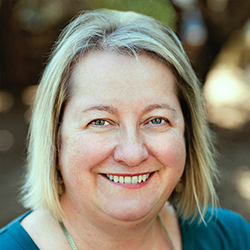
Diana Liverman
Diana is a Regents Professor in the University of Arizona, School of Geography, Development, and Environment and a Research Fellow at Linacre College, Oxford University. Diana studies the human dimensions of global environmental change, earth systems, and climate justice, especially the social causes and consequences of climate change. More specifically she has worked over the years on climate vulnerability and adaptation, carbon offsets, US-Mexico border environments, planetary boundaries, political ecology, and women in climate change.
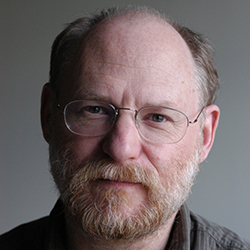
Haynes Miller
Haynes is a Professor Emeritus of Mathematics at MIT. Haynes’s early research (in part with Doug Ravenel and Steve Wilson) set the stage for “chromatic homotopy theory,” a perspective that has served a dominant paradigm in stable homotopy theory for almost half a century. Haynes has worked on many educational initiatives and was the Mathematics liaison for the Cambridge-MIT Exchange program. He created (and still oversees) the MIT Mathlets and the Online Seminar on Undergraduate Mathematics Education.
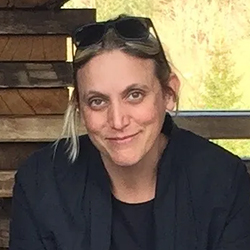
Erin Moore
Erin is an architect and a professor in the Department of Architecture and the Environmental Studies Program at the University of Oregon (of which she is Associate Director), and Director of Academic Programs for the UO’s Environment Initiative. She was Director of the School of Architecture & Environment (2018 to 2021) and Associate Dean of Academic Affairs of the College of Design (2019 to 2021). Moore is a graduate of the University of California-Berkeley (Master of Architecture) and Smith College (BA, American Studies) and is a registered architect in Oregon and Arizona. Her recent design work explores the architectural space of fossil fuel consumption, multi-species design, and climate justice.
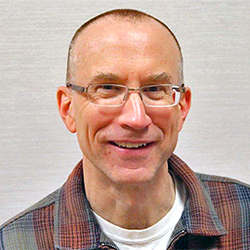
Curt Newton
Curt was an electrical engineer before pivoting to education; he now serves as the Director of MIT OpenCourseWare, which freely shares materials from thousands of MIT courses used by millions of learners and educators around the world. In MIT’s climate community, Curt
has produced / hosted the Climate Conversations podcast; helped build and create MIT’s climate portal; was staff representative to the MIT Climate Action Advisory Committee; and is the MIT CUHF Steady Council Convener, as well as a National Convener.
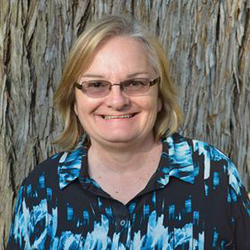
Wendy Olmstead
Wendy is associate director of SEI’s Energize Colleges. Prior to joining SEI, Wendy was the Sustainability Coordinator at California State University Stanislaus where she led the university to its first AASHE STARS report, created a Teaching Sustainability/Campus as a Living Lab faculty learning community, collaborated on a Sustainability & Environmental Justice Center proposal, and authored a campus sustainability strategic plan. Wendy also teaches undergraduate and graduate courses in political science and public administration.

Diana Chapman Walsh
Diana served as the President of Wellesley College for fourteen years; her presidency was characterized by her collaborative leadership style, innovations in curriculum, campus expansion and successful fund-raising. She was the Norman Professor at the Harvard School of Public Health and chair of the Department of Health and Social Behavior prior to her presidency. She has written, edited and co-edited twelve books on both healthcare and education topics, and a seminal essay on Trustworthy Leadership published by the Fetzer Institute. She recently published The Claims of a Life: A Memoir (2023). Until recently, she served on the governing boards of the Mind and Life Institute, the MIT Corporation (and its executive committee), and the Kaiser Family Foundation. She is a co-founder of the CUHF (in 2014), and a member of the Core Team.
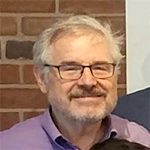
Walter Wright
Walter Wright is Professor Emeritus of Philosophy at Clark University; he served three terms as Dean of the College there. Wright has worked extensively on nineteenth century German philosophy and is recently engaged with the theory and practice of dialogue. He serves as a CUHF National Convener, having convened numerous NEC councils at Clark, and off campus, including Swarthmore College and the Berkshire Waldorf High School, Stockbridge.

